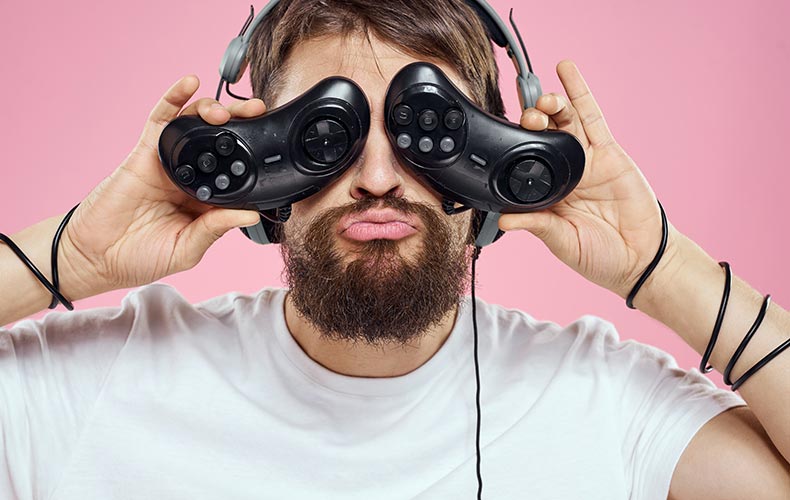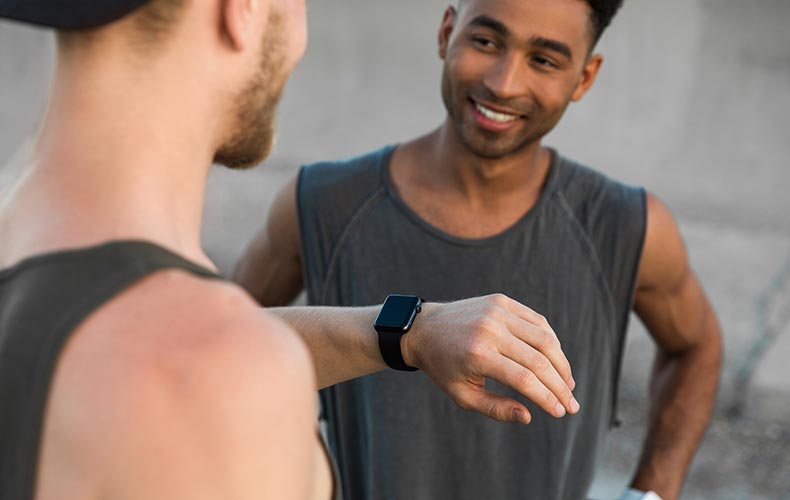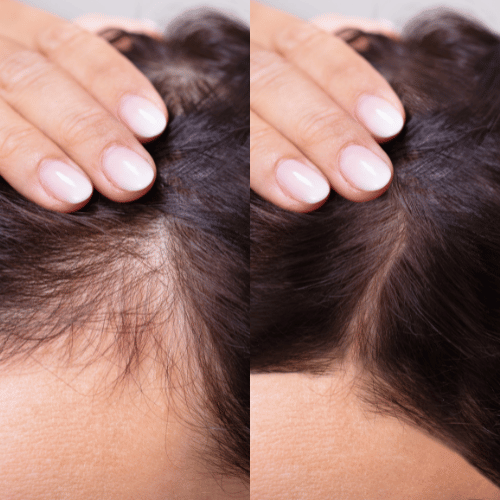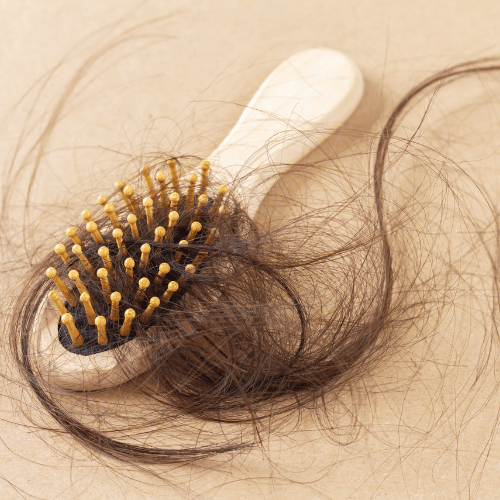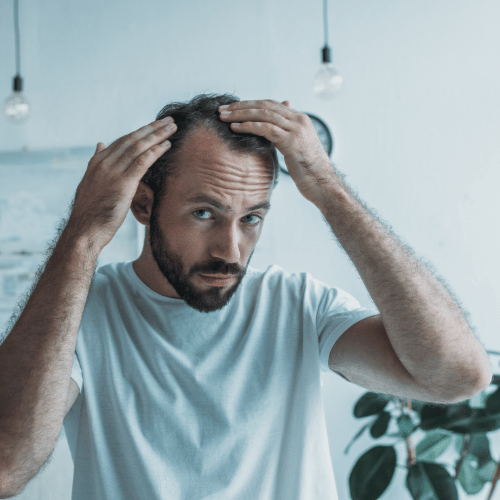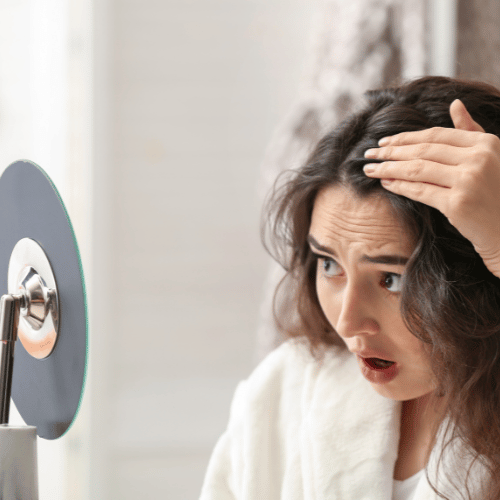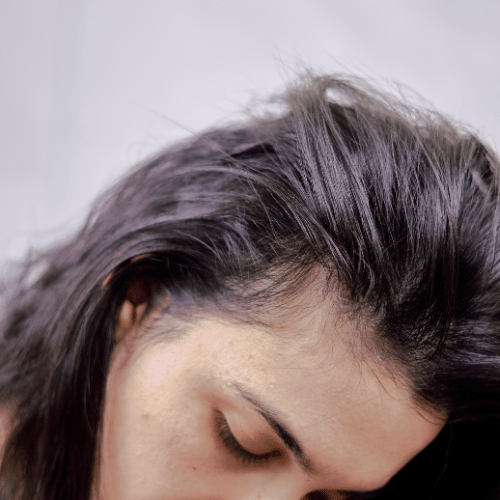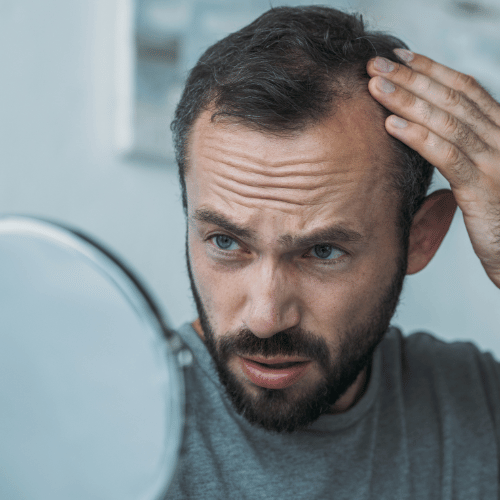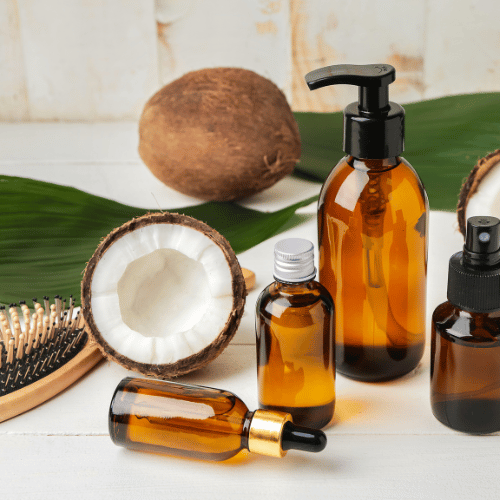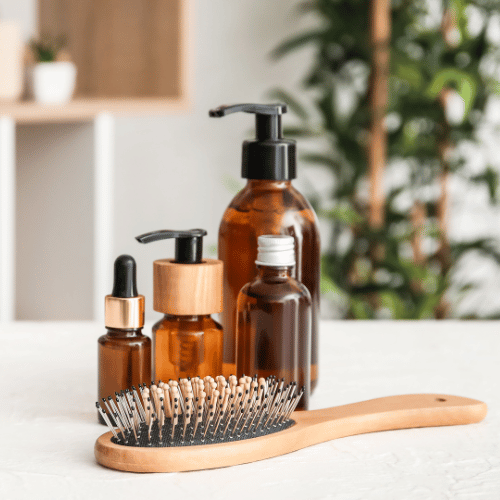- admin
- May 3, 2024
- No Comments
Hair loss and thinning can be upsetting because they can affect not only how you look but also your mental health and confidence. Whether it’s because of their:
- Genes
- Stress
- Bad nutrition
- Their Surroundings
a lot of people are looking for effective ways to make their hair grow faster and get their full, healthy hair back. Knowing how certain vitamins and hair care habits affect hair can make a huge difference in this search, giving people who are having problems with their hair hope and real results.
Hair loss is a regular problem that affects millions of people around the world and isn’t just about looks. It’s not just losing hair; you’re also losing something that makes you feel good about yourself and your looks. For many, hair is a sign of vitality, health, and youth, so losing it or having it thin out is a big emotional and mental load.
This can affect many areas of life, from business meetings, where first impressions are very important, to personal relationships, where confidence is important for talking to others and being yourself.
People who are losing their hair often say they feel low in self-esteem and worth because they are afraid of what other people will think of them. This can make people avoid social settings, feel more anxious, and in the worst cases, become depressed.
On top of that, the frustration that comes with trying to find answers that work adds to the stress. There are a lot of goods on the market that say they can stop hair loss and help hair grow back, but many of them don’t work, which is disappointing and wastes money. Anyone who wants to solve this problem effectively needs to understand the biological processes that cause hair growth and loss. People who know how and why they lose their hair can make better decisions about treatments and have more realistic hopes for getting their hair back.
The Hair Growth Cycle
- Anagen (Growth Phase): Lasts from 2 to 6 years and is when hair grows the fastest. Cells in the hair root divide rapidly, adding to the hair shaft and making the hair grow about 1 cm every 28 days. Hair will continue to grow unless something stops it, like bad nutrition, stress, or a genetic Trait.
- Catagen (Transition Phase): Lasts for 2 to 3 weeks and is the end of a hair’s active growth. During this short stage, the hair shaft gets smaller and separates from the dermal papilla, which is important for hair growth because it has blood vessels that bring nutrients to the hair.
- Telogen (Resting Phase): Lasts for about 2 to 3 months. During this, the old hair rests and new hair starts to grow underneath it. When it’s over, the old hair falls out and is replaced by new hair. This starts the growth phase again.
Factors Affecting Hair Growth
- Genetic Influences: Genes play a big role in figuring out how hair grows and where baldness or thinning might happen.
- Nutritional Status: Eating right is very important for strong hair growth. Not getting enough vitamins, minerals, and proteins can really hurt the health of your hair, making the strands weaker and the growth slower.
- Hormonal Changes: Hormones have a big effect on hair growth, and when they are out of balance, it can cause conditions like androgenetic alopecia or hair loss linked to polycystic ovary syndrome (PCOS).
- Environmental Stressors: Pollution, UV rays, and strong chemical treatments can damage hair and change the frequency of its growth.
- Physical and Emotional Stress: A condition called telogen effluvium occurs when high levels of stress puts a lot of hair follicles into a resting phase, which is followed by hair loss.
The Role of Proper Hair Care
Good hair care habits are also very important for keeping your hair healthy. This means:
- Being gentle with hair
- Not treating it too much
- Limiting the amount of heat and chemicals it is exposed to
Massaging your head regularly can also increase blood flow, which is good for hair follicles and helps hair grow in a healthier way.
- Vitamin A: All cells need vitamin A to grow, even hair, which is the body’s fastest-growing tissue. An oily substance called sebum keeps the scalp moist and hair healthy.
- B-Vitamins: Biotin is widely used in hair growth products and is one of the best known vitamins for hair growth.
- Vitamin C: Vitamin C is a strong antioxidant that helps protect cells from the damage that free radicals cause. It makes collagen, a protein that is an important part of hair structure.
- Vitamin D: Alopecia, which is another word for hair loss, is linked to not getting enough vitamin D. It also helps make new follicles.
- Vitamin E: In one study, people who were losing their hair saw a huge boost in hair growth after taking vitamin E supplements for eight months.
- Iron: Helps your red blood cells carry oxygen to your cells. This makes it an element that the body needs for many things, like hair growth.
- Zinc: A mineral that helps hair grow and heal. It keeps the oil glands around the hair shafts working right.
Follow these steps to add these important nutrients to your routine and look into high-quality hair growth treatments if you’re losing or having hair that is falling out:
- Evaluate Your Diet: Make sure that these important nutrients are a big part of your food. Fruits, vegetables, proteins, and fats of different kinds are all good for hair growth.
- Supplement Wisely: If your food isn’t giving you enough, vitamins help. You should talk to your doctor before starting any new vitamin plan.
- Choose the Right Hair Care Products: Look for hair growth products and hair growth treatments that are rich in these vitamins and minerals. Hair growth oils also help nourish your hair directly at the scalp.
- Be Gentle with Your Hair: Do not use hot rollers, curling irons, or harsh chemicals on your hair. These things hurt hair and stop it from growing.
- Consult a Professional: If you’re worried about your hair loss, seeing a dermatologist or trichologist can help you understand your condition better.
It can be hard to deal with hair loss, but if you have the right information and tools, you can start to make your skin healthier and your hair fuller.
By learning about the nutrients your hair needs to grow and using good hair care products, you can take steps to boost your hair’s health and your confidence.
With these tips, you can start the path to healthier hair and start seeing real changes in the health and look of your hair.


